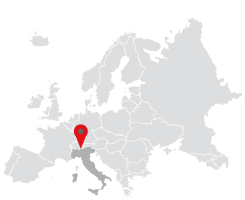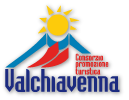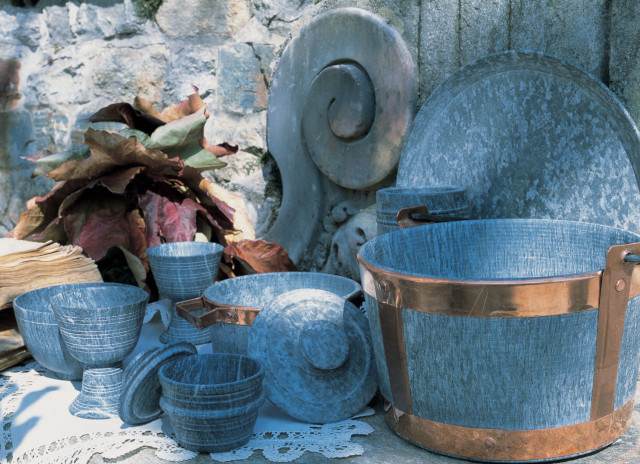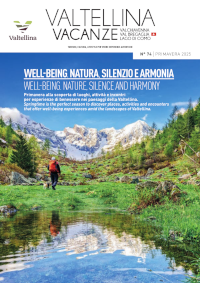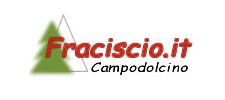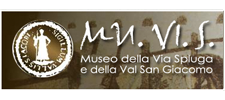Master of his craft
If you were to “google” the word “pietra ollàre” or indeed “potstone” you’d find endless suggestions on how to use this material for gastronomic purposes. Reminiscent of more than a thousand years ago – today potstone remains an invaluable kitchen resource. Understandably Pietra ollare is a variety of the serpentine mineral and has been used since the Roman era for its capacity to resist heat during cooking processes. It was extracted in huge quantities at Piuro to produce “furagn” – the large pots which were employed in the cooking and preservation of meat and vegetables.
The potstone market was of crucial importance for Valchiavenna’s economy at least up until the end of the 18th century when the quarries were gradually abandoned due to the adoption of iron cooking pots. There are very few remaining craftsmen who dedicate themselves to the working of the legendary green stone. Roberto Lucchinetti might even be unique in having made it his profession. For years now he has been committed to the extraction of the blocks of pietra ollare and proceeded to work them, just like his fellow antecedents from Piuro had done centuries earlier in their “trone” or tunnels created in the sides of the mountain.
He still maintains the tradition of producing “olle” and “laveggi” pots acquired by collectors and of course local people. His studio/museum is situated alongside the Church of the Assumption at Prosto di Piuro. It’s a fascinating spot visited regularly by tourists curious to get to know the secrets of an ancient art form. In ancient times it was maintained that the laveggi had the appropriate properties to neutralise poisons and toxic substances present in foodstuffs. The Swiss scholar Jakob Scheuchzer wrote in a book published posthumously in 1746 “in these stone pots food is cooked more quickly and better than others using brass, copper or other metals, furthermore the food retains its natural fragrances and is not affected by extraneous influences to the flavour”. It’s a quality which remains much appreciated even today by anyone who has the chance to taste meat cooked al lavaggio. Check out the local crotti of Piuro and the surrounding area.
B&B Al Mulino
Roberto and his family run a splendid Bed&Breakfast also at Prosto di Piuro. Situated at the historic heart of the village dating back to around1500 and adjacent to the banks of the river Mera, the B&B
“al Mulino” is perfect for those who like to stay at the very heart of Nature. Constructed with materials that give due consideration to the surrounding environment, it hosts 4 rooms, two double and two single (each with private bathrooms) and a breakfast area. Chiavenna’s historic centre is just a short stroll away along the charming bicycle path which actually passes in front of the building.
